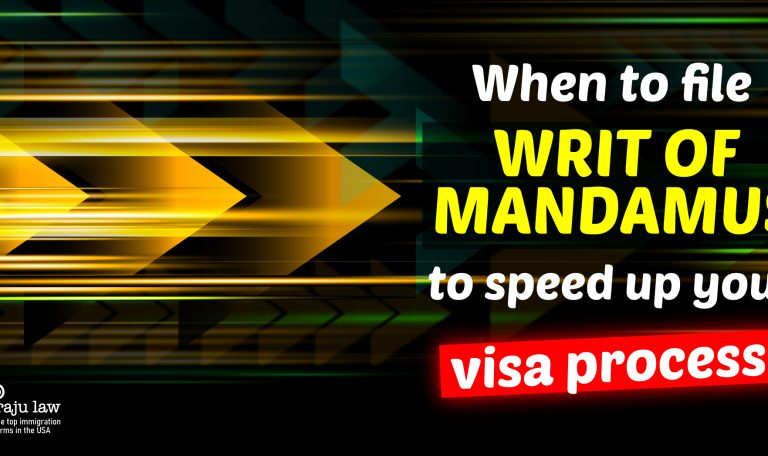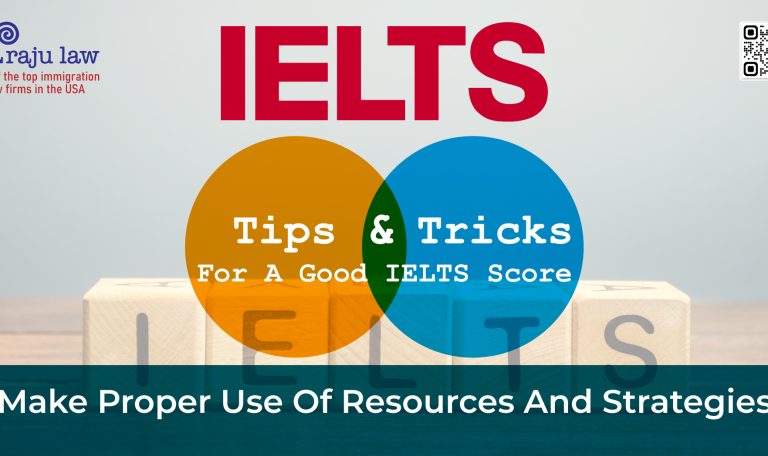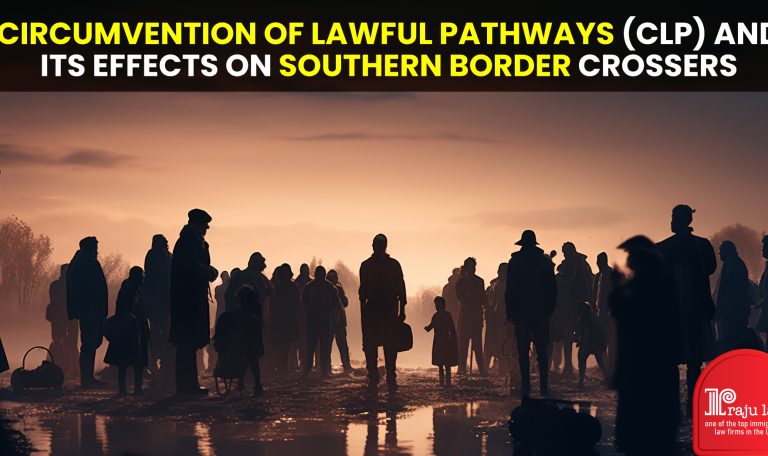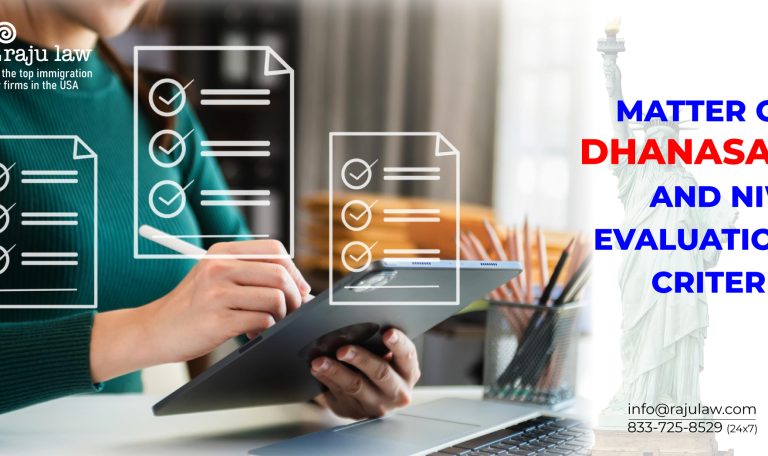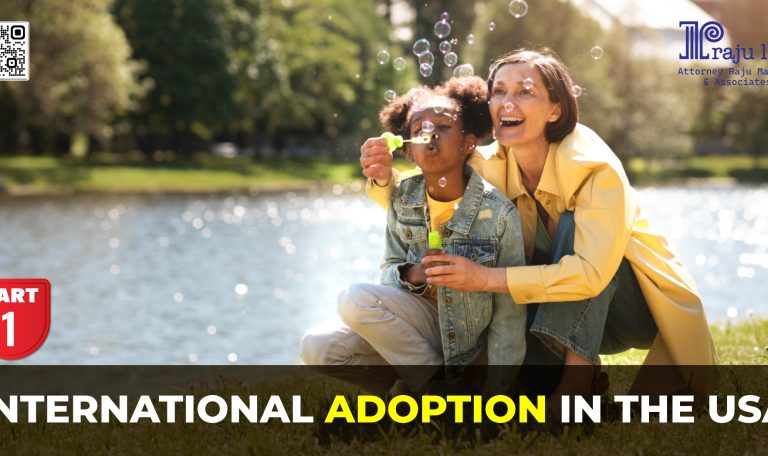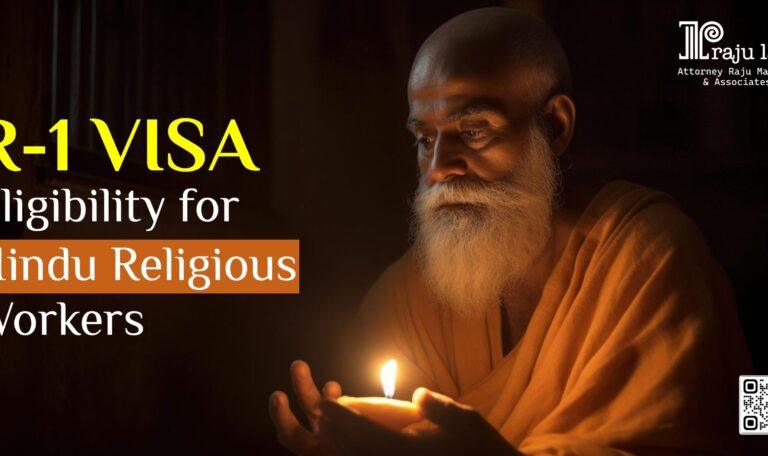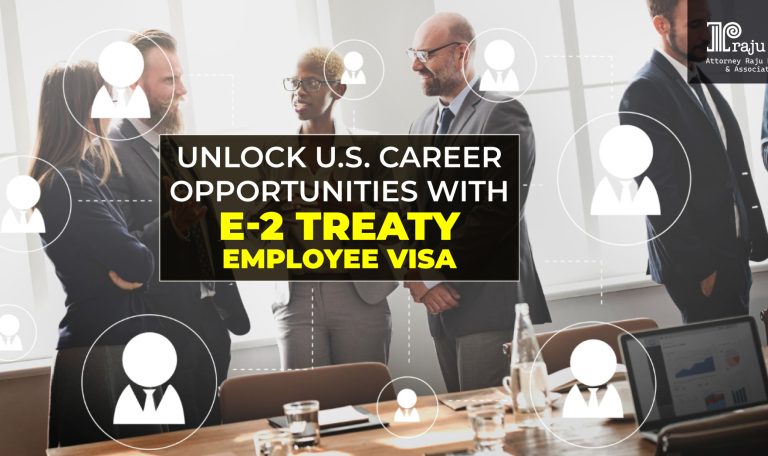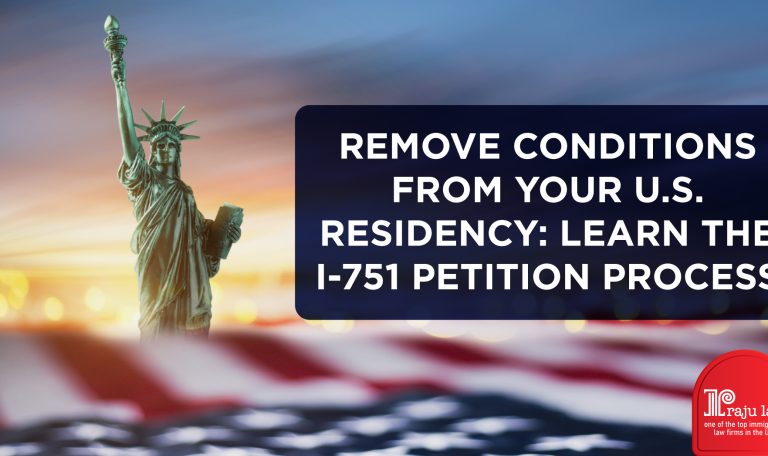
Understanding the I-751 Petition to Remove Conditions on Residence
Navigating the U.S. immigration system can be complex, particularly when it comes to adjusting one’s residency status. For those who obtained conditional permanent residency through marriage, filing the I-751 petition is a critical step in securing a permanent status. This article aims to provide a comprehensive guide on the I-751, Petition to Remove Conditions on Residence, to help you understand its importance, requirements, and process. What is the I-751 Petition? The I-751 petition is used by conditional permanent residents who obtained their status through marriage to a U.S. citizen or permanent resident. Conditional residency is typically granted to people whose marriage was of less than two years at the time of the filing of the Adjustment of Status application. It is granted for a two-year period to ensure the marriage is genuine and not solely for immigration benefits. To remove these conditions and become a permanent resident, you must file Form I-751, Petition to Remove Conditions on Residence. Who Needs to File the I-751 Petition? You need to file the I-751 petition if: You are a conditional resident who obtained status through marriage. You are a child who obtained conditional residency at the same time or within 90 days of your parents. Generally, both spouses must file the petition jointly. However, certain circumstances allow for a waiver of the joint filing requirement. When to File the I-751 Petition? The I-751 petition must be filed within the 90-day period before the two year completion of your conditional residency. Failing to file within this window can result in the loss of your conditional resident status and possible deportation. Key Requirements for the I-751 Petition 1. Joint Filing: The petition is typically filed jointly by the conditional resident and their U.S. citizen or permanent resident spouse. 2. Evidence of a Bona Fide Marriage: You must provide evidence that your marriage is genuine and not entered into for immigration benefits. This can include: Joint financial documents (bank statements, tax returns) Evidence of shared residence (lease agreements, utility bills) Affidavits from friends and family Photos and travel documents 3. Waiver of Joint Filing Requirement: In certain cases, you may request a waiver for joint filing with a statement and proper relevant evidences. This can apply if: You entered the marriage in good faith but your marriage was annulled or terminated. You or your child were battered or subjected to extreme cruelty by your spouse. Terminating your status and being removed from the U.S. would cause extreme hardship. The I-751 Petition Process Prepare and Gather Documents: Collect all necessary documentation to support your petition. This includes the completed I-751 form, evidence of your bona fide marriage, and the appropriate filing fee. File the Petition: Mail your completed petition and supporting documents to the appropriate USCIS Address. Be sure to use a traceable mailing method. Receive Receipt Notice: After filing, you will receive a Form I-797, Notice of Action, which serves as a receipt notice and

